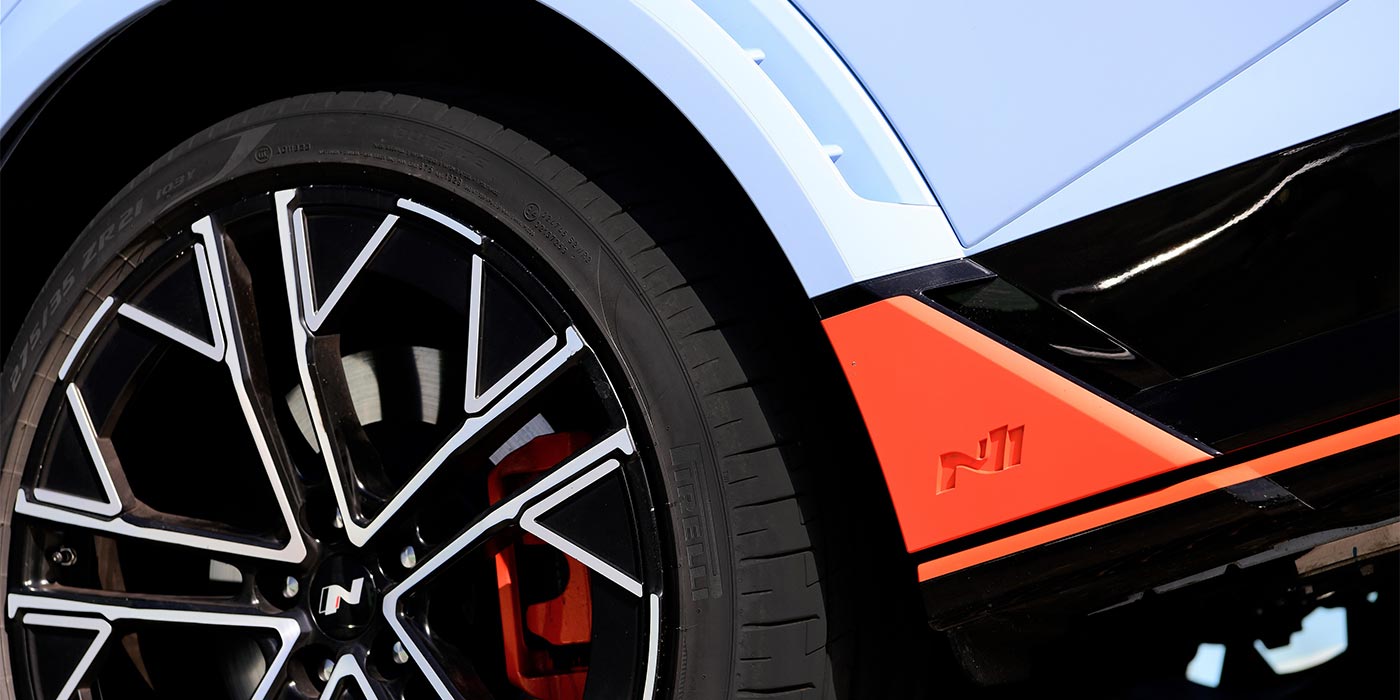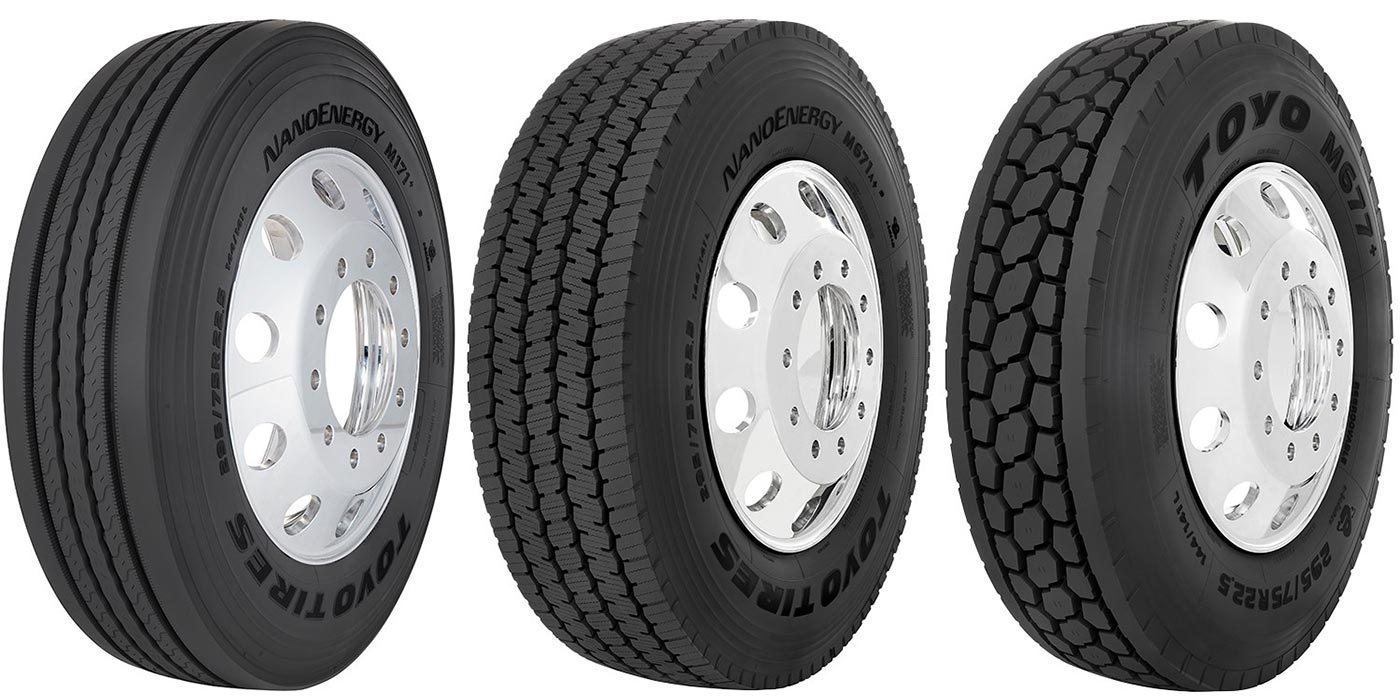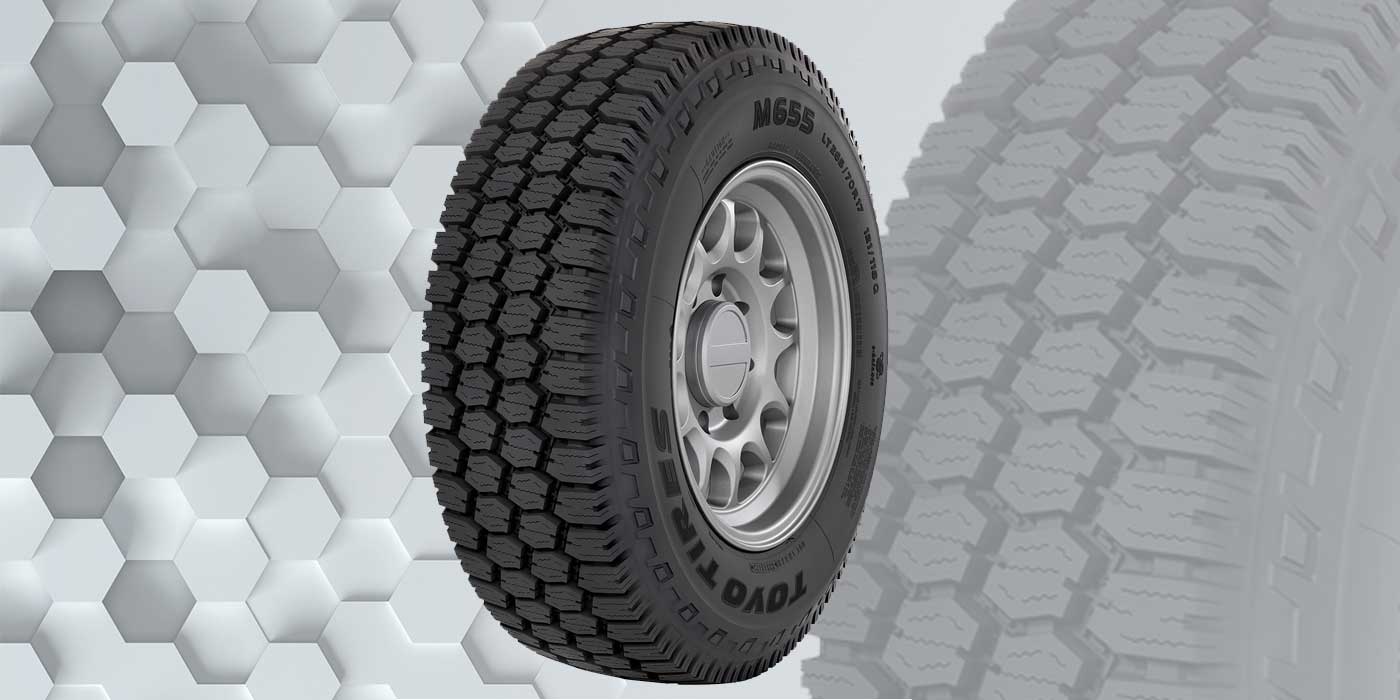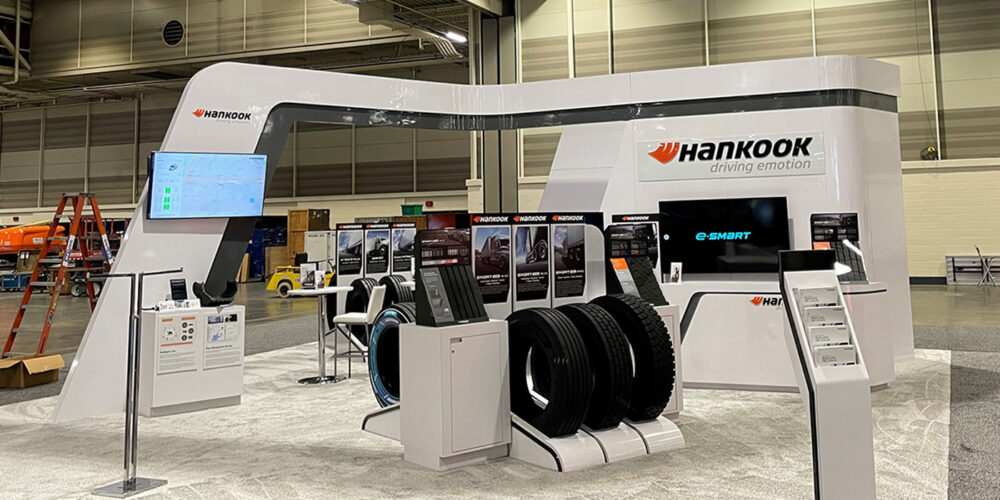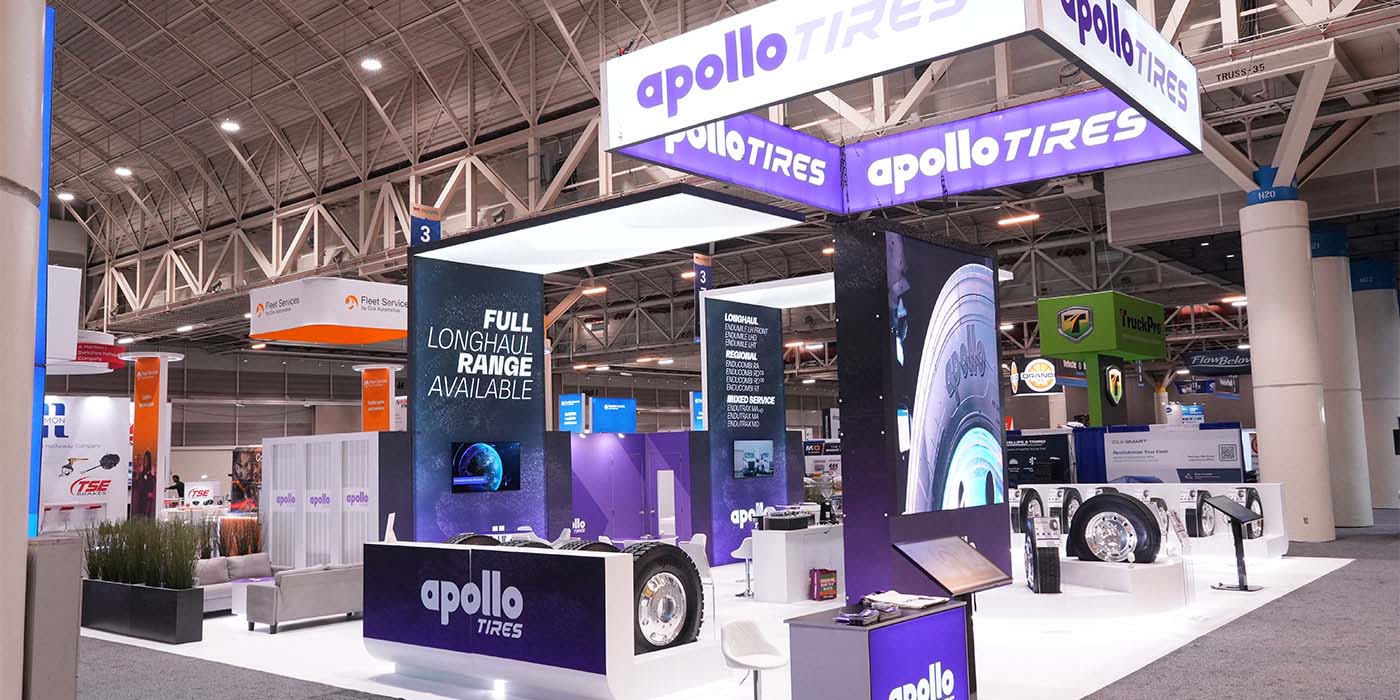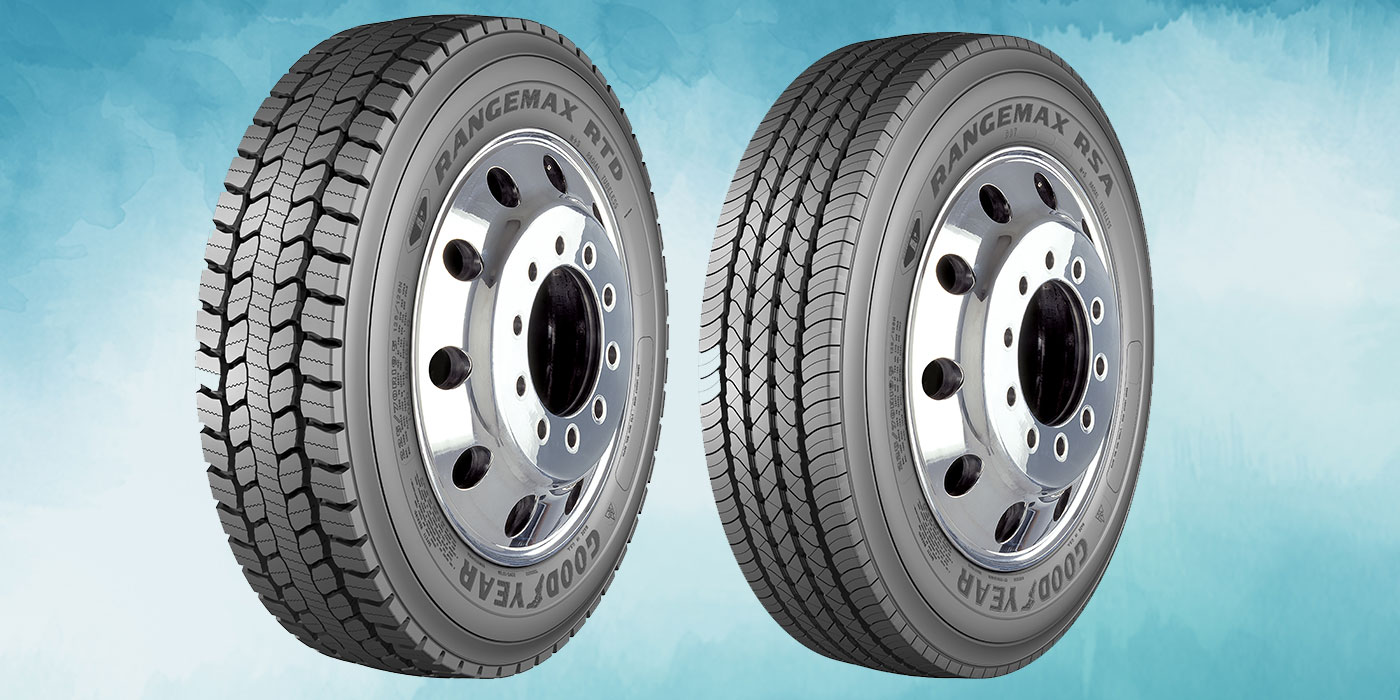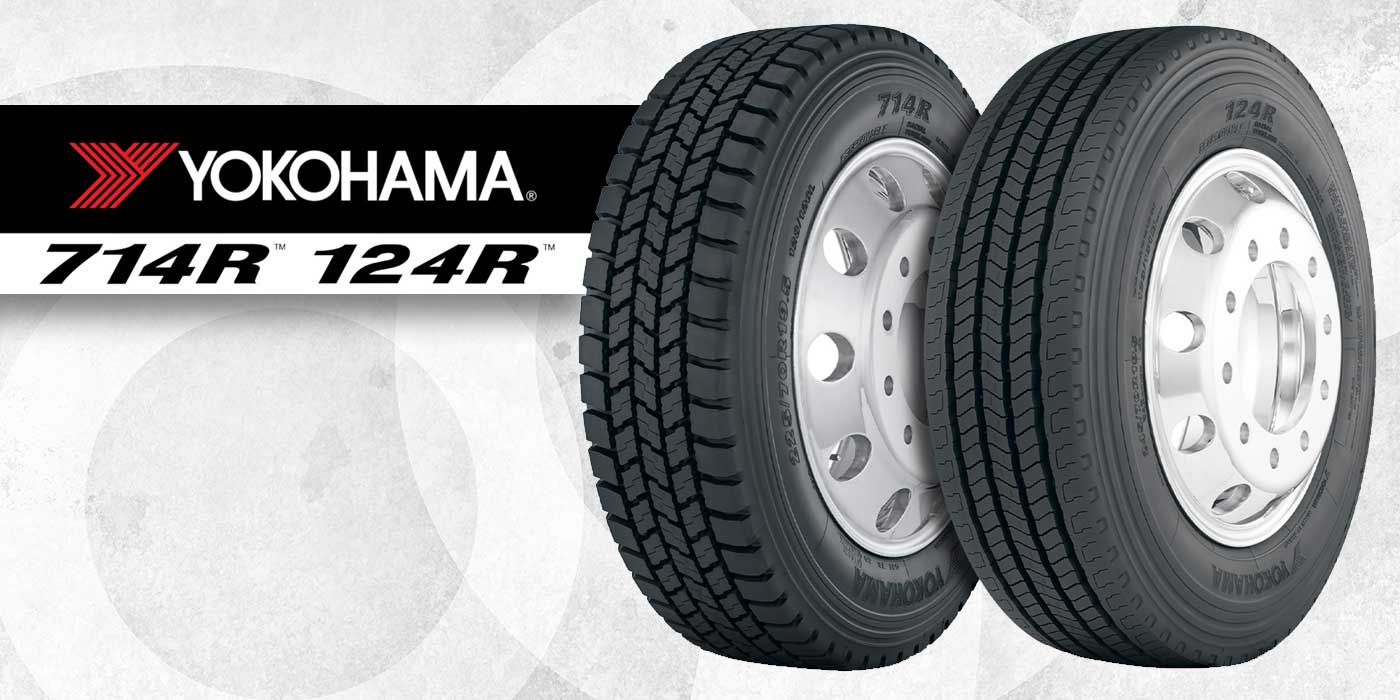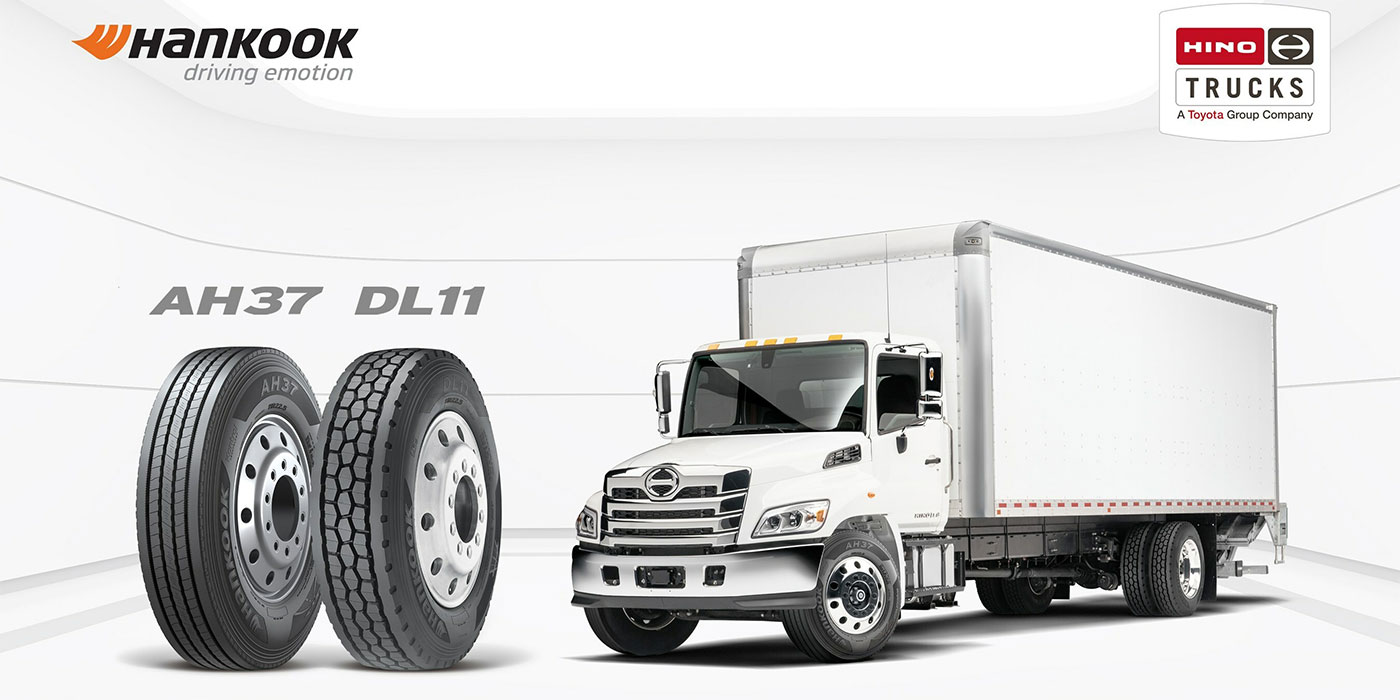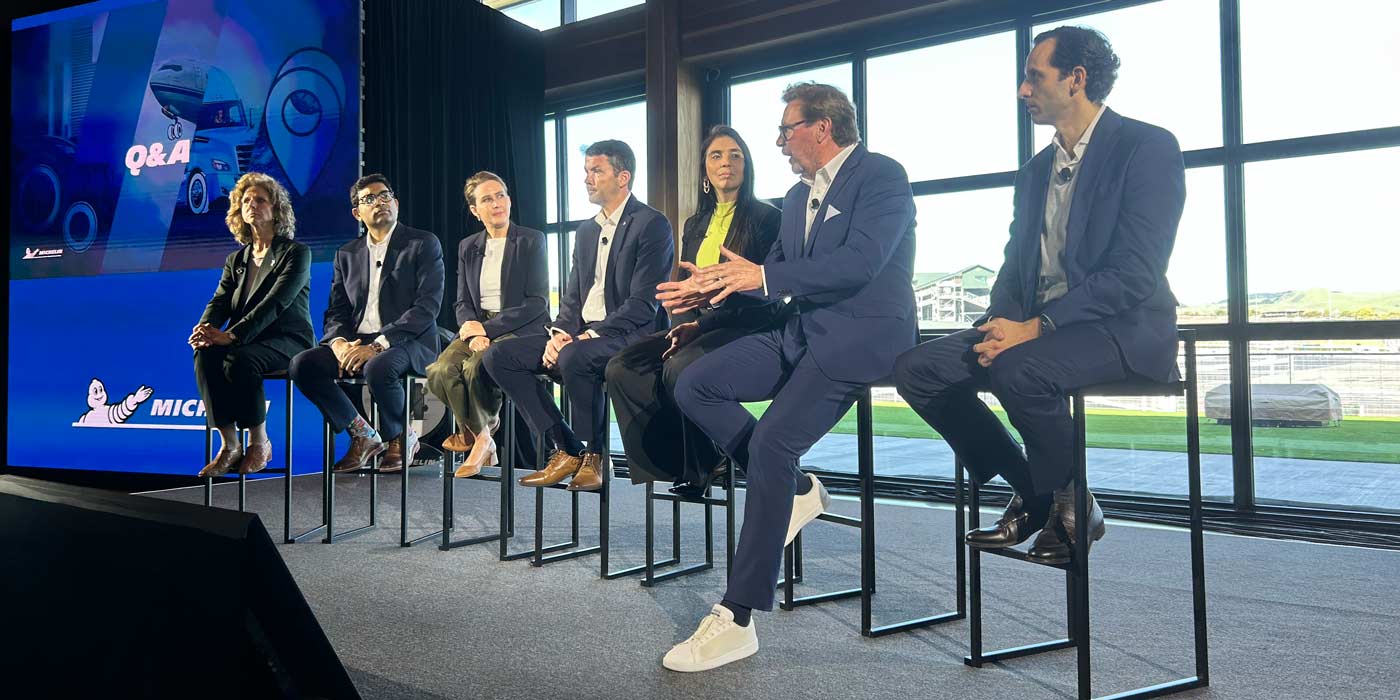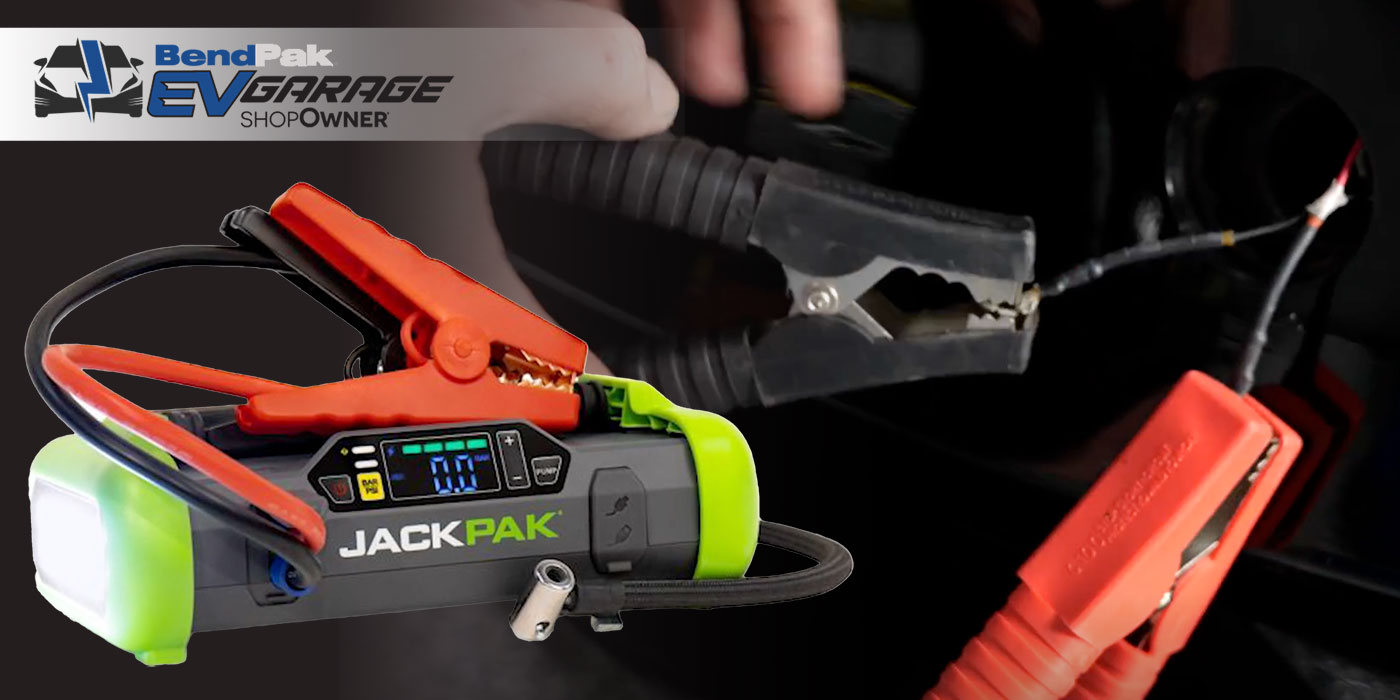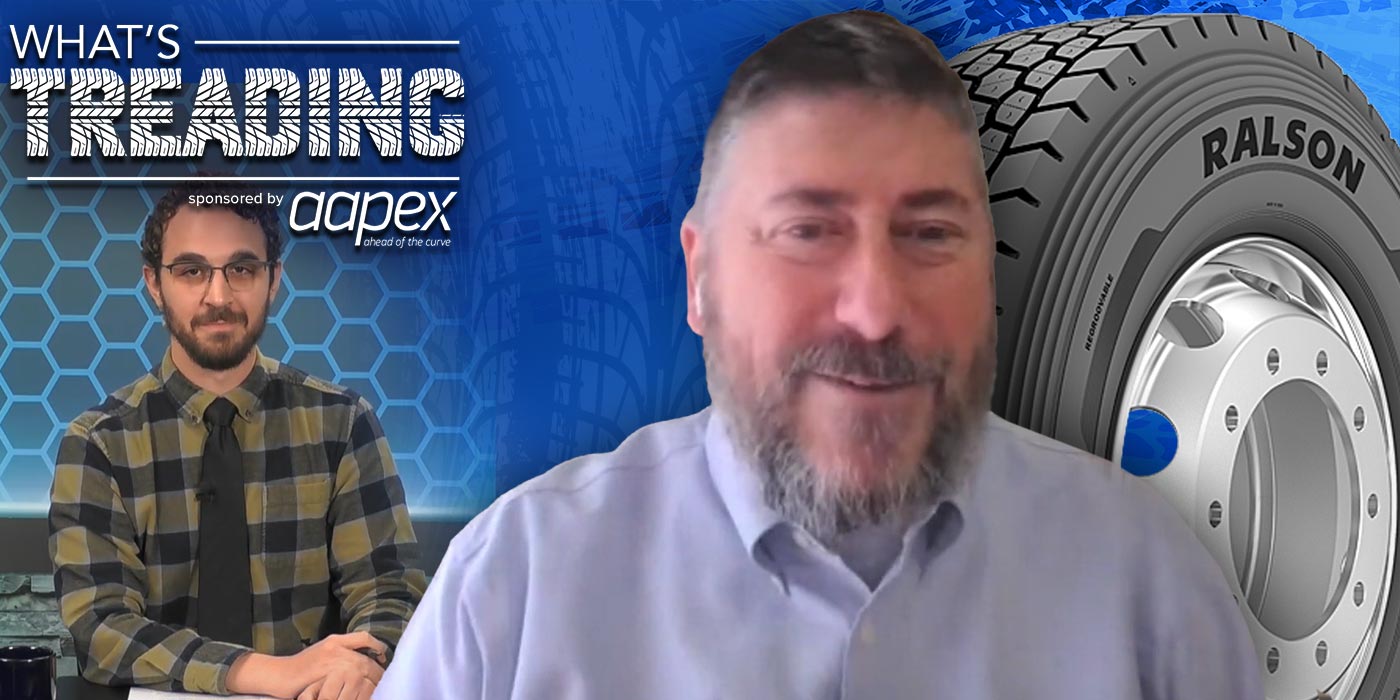 The one constant in our everyday lives is change, and today, change is happening at an even more rapid pace than in the past. For example, it took the telephone industry 50 years to reach 50 million users. Twitter did it in two years!
The one constant in our everyday lives is change, and today, change is happening at an even more rapid pace than in the past. For example, it took the telephone industry 50 years to reach 50 million users. Twitter did it in two years!
Recognizing the change happening around you is one feat. Capitalizing on the change is a whole other matter.
Four areas where change is taking place in the commercial tire industry are consolidation among freight carriers, government regulations, final mile delivery and electric trucks.
Freight Consolidation
In 2017, there were approximately 50 announced mergers among freight carriers. Estimates are that there is in excess of $10 billion (a 33% increase over 2017) in private-equity funds targeted for further mergers in 2018. Driver shortages and increased capital intensity due to the higher cost of equipment to meet government regulations are tailwinds fueling further consolidations.
So if we end up with fewer, but larger, freight carriers, how could this affect the commercial tire industry? Certainly the tire demands by the freight carriers will increase. Better rolling resistance or fuel efficiency and longer tread life will continue to be demanded by fleets in order to reduce their tire program costs. National account programs would most likely gain in popularity as more tires are purchased by large fleets through tire manufacturers’ national account programs. Service expectations by the fleets will increase as well, pressuring both the tire manufacturer and commercial service dealer to find ways to become more efficient in keeping the fleets’ equipment running and not sitting due to a tire issue.
READ MORE: 2018 State of the Industry Report
Government Regulations
In recent times, several pieces of government regulation have been enacted that impact the commercial tire industry. A couple examples include the Electronic Logging Device (ELD) mandate and Phase 2 Greenhouse Gas (GHG) Emissions and Fuel Efficiency Standards for Medium and Heavy Duty Vehicles.
Complying with the ELD and GHG regulations requires a higher capital outlay to expand and/or replace equipment. In some cases, the increased capital requirements become insurmountable and lead to freight consolidation, and with the higher capital outlay, freight carriers look at ways to mitigate this. With tire program costs typically the second-highest operating cost, managing a fleet’s tire program costs becomes a priority. Total cost of ownership of a commercial tire (purchase price + fuel efficiency + tread life + casing value) becomes more important and tire manufactures need to provide solutions to meet fleets’ needs.
Final Mile Delivery
With the growth of e-commerce, fewer and fewer people will be making a trip to the mall or grocery store. Rather, clothes and food will be purchased online and delivered to your doorstep by a traditional delivery vehicle, autonomous vehicle, drone or perhaps even a robot. It may sound a little far-fetched, but this move is already underway. Major corporations are structuring parts of their organization to solve for this final mile delivery race to take advantage of this new level of service consumers will demand. New types of delivery trucks are being prototyped that are more conducive to a consumer being able to unload their own items from the delivery vehicle. Drones are being tested by major e-commerce companies and freight carriers for small delivery packages that deliver from both a fixed warehouse or from a moving delivery truck out on a route.
As the final mile delivery gains in popularity, more miles will be put on commercial tires. Two changes that would most likely take place would be increased demand for regional/pick up and delivery commercial tires and increased demand for smaller sizing. Service expectations by the final mile delivery fleets will be very demanding on both the tire manufacturer and commercial servicing dealer to become more efficient in keeping the fleets’ equipment running and not sitting due to a tire issue.
Electric Trucks
Will electric trucks replace the traditional diesel? In the 1930s, very few people would have thought the steam-powered locomotive would fall by the wayside to diesel powered, but by 1970, the steam locomotive was extinct. Several original equipment manufacturers have said they feel there is a need for electric trucks, and a number of large fleets have placed orders to get on the front end of this endeavor. While the development could take some time and infrastructure will need to be built, it may come quickly once it happens.
The tire demands of an electric-powered truck over diesel powered will be different. Torque on electric motors is different, and the commercial tires for these vehicles will need to be designed and optimized for any changes in torque requirements. In addition, designing computerized intelligence into the tire to allow real-time communications to the driver, or most likely a control center monitoring the driverless autonomous truck, will be needed. This is an exciting space within the commercial industry and will present some unique challenges.
Total Cost of Ownership (TCO)
Whether change is due to freight consolidation, government regulation, final mile delivery or electric trucks, one thing in common within commercial tires is the continual focus on lowering the total cost of ownership of the tire. Meeting the end user’s expectations with a competitive price, great fuel efficiency, long tread life and a quality casing built for multiple retreads is pretty constant. However, even TCO isn’t exempt from change.
Gary Schroeder is the executive director of global truck and bus tire business at the Cooper Tire & Rubber Company.

